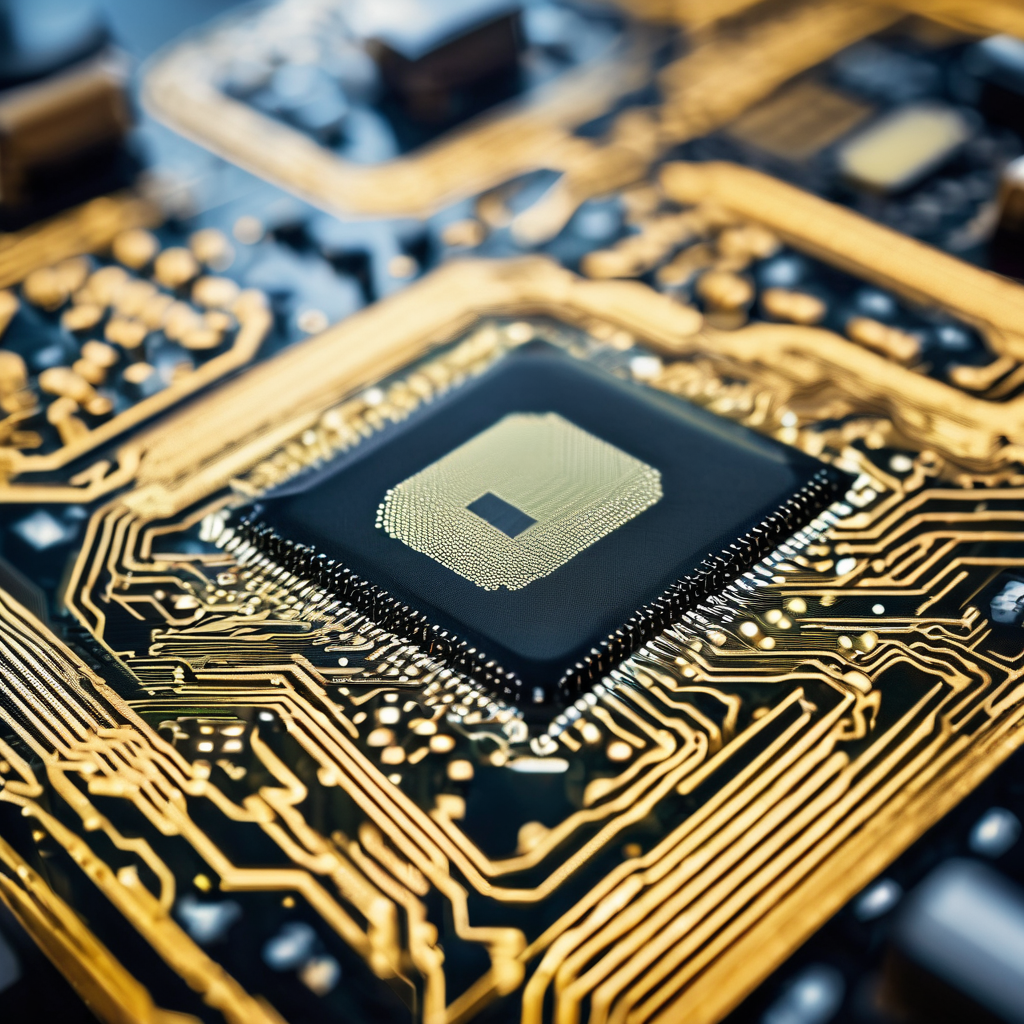Last week, TSMC initiated an investigation into former executive Lo Wen-jen, who recently transitioned from retirement at TSMC to a role at Intel. Lo, who served as the vice president of corporate strategy, retired from TSMC in July after contributing over 20 years to the company, particularly in research related to the mass production of semiconductor chips.
Bloomberg reports that Intel has denied allegations suggesting that Lo’s hiring was intended to facilitate the transfer of trade secrets from TSMC. Intel’s CEO Lip-Bu Tan dismissed these rumors as “speculation” and reaffirmed the company’s respect for intellectual property rights.
In parallel with TSMC’s concerns, Taiwan’s economy minister Kung Ming-hsin indicated that the Ministry of Economic Affairs would assist prosecutors by clarifying current control measures regarding Taiwan’s core technologies and evaluating potential national security law implications. However, it is essential to note that the investigation is in its nascent stages, with no formal charges or accusations presented thus far.
TSMC finds itself in a pivotal position as a leader in node process technology, holding a significant role not only in Taiwan’s economy but also in the global semiconductor landscape. The company supplies chips to major industry players, including Nvidia and AMD, and even Intel relies on TSMC for some of its chip production, despite maintaining its own fabrication facilities.
Historically, Intel was a frontrunner in chip manufacturing, but it has faced setbacks recently, particularly after delays in achieving a 10 nm production process, later rebranded as Intel 7.
A critical concern for TSMC and Taiwanese authorities revolves around maintaining their competitive edge in node process technology. The smaller the process node, the greater the transistor density, contributing to the production of more powerful and efficient chips. Given that TSMC’s advanced technology is the cornerstone of its robust demand, losing its edge in this domain could have detrimental effects on the company.
Intel, meanwhile, is navigating its unique challenges. The company’s former CEO noted a significant commitment to its forthcoming 18A process node, recognizing the renewed backing from the U.S. government and support from industry partners like Nvidia. As the U.S. seeks to bolster domestic semiconductor manufacturing, Intel’s chip production capabilities are of heightened interest, with the potential for increased government investment should the company falter in its manufacturing endeavors.
As the investigation unfolds, it remains uncertain whether TSMC’s actions reflect genuine concerns or a strategic move to dissuade any potential intellectual property threats in the semiconductor domain. The semiconductor industry is at a crucial juncture where maintaining technological leadership is essential for both TSMC and Intel alike.
